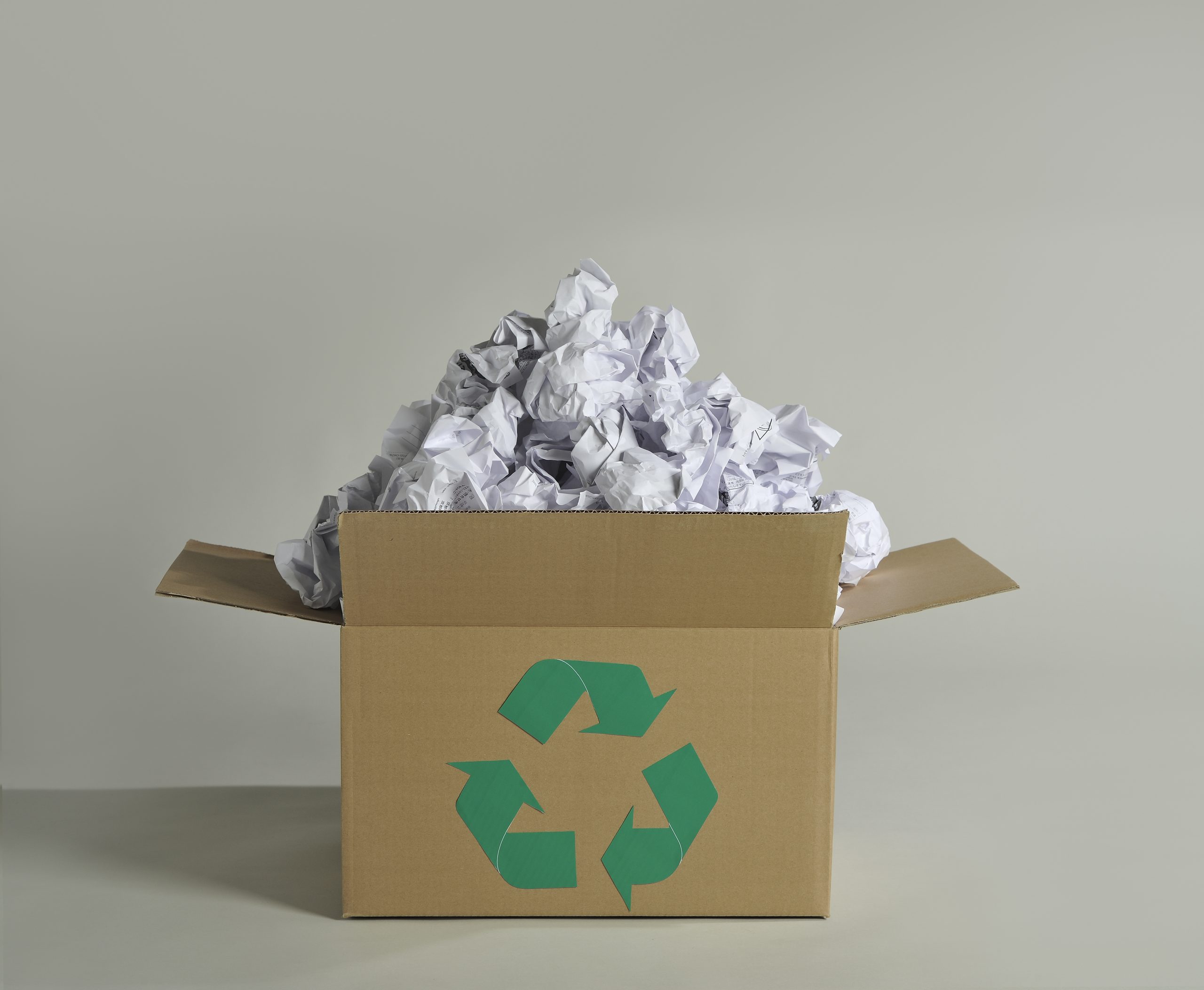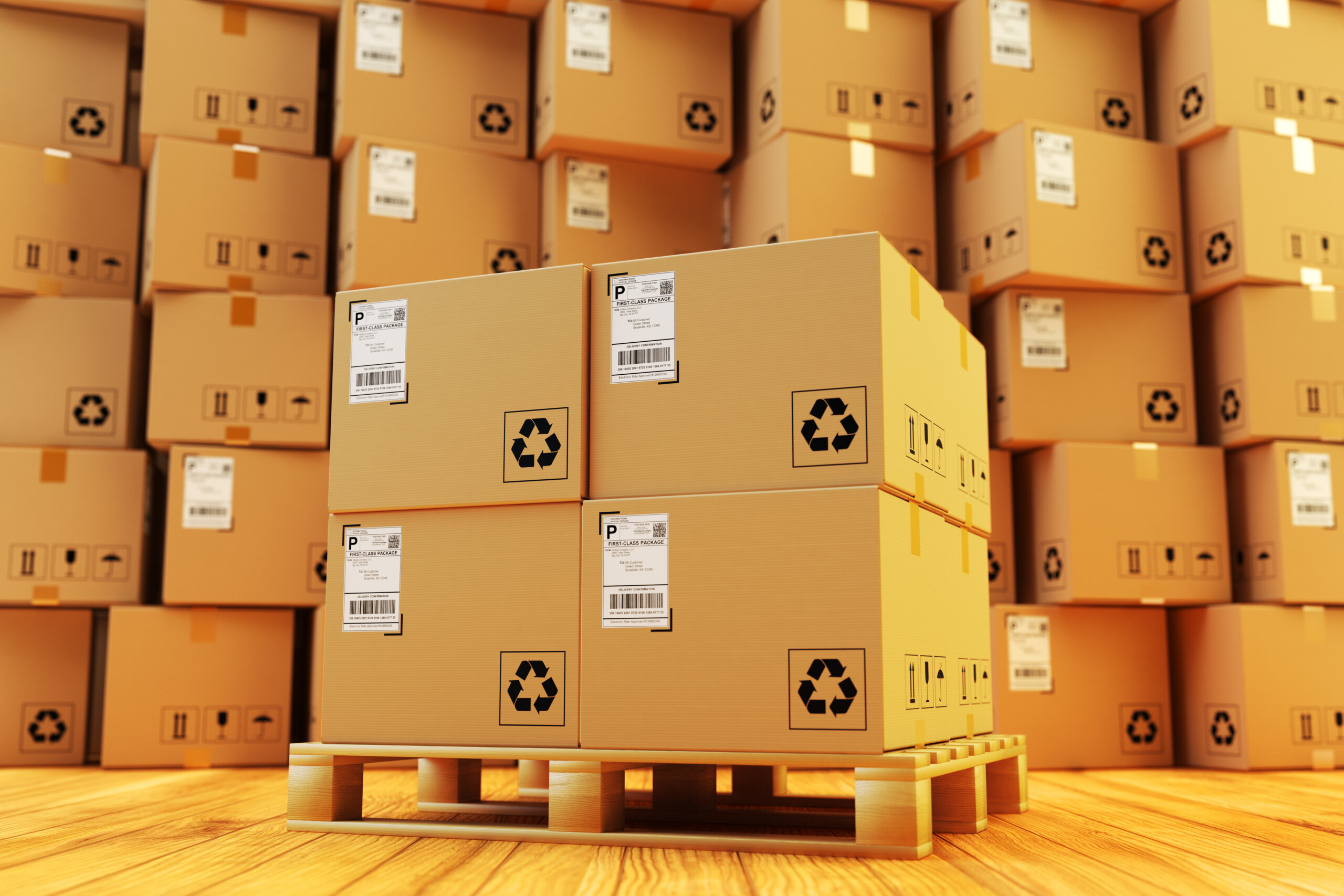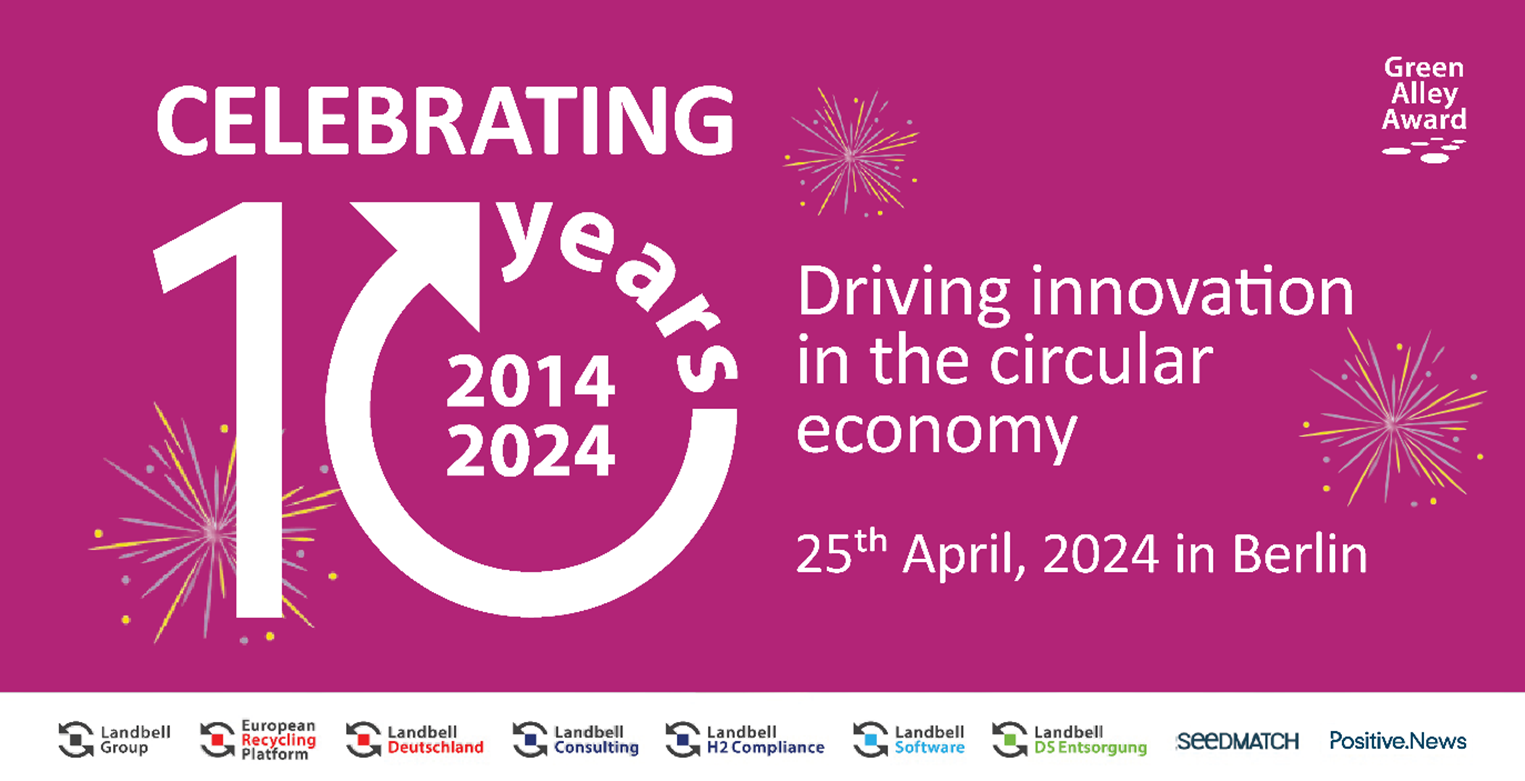Sustainability of consumer decisions: what role Startups play?
As shown by studies Nielsen and Deloitte, today, people are more and more conscious about the impact of the products they consume and are willing to pay extra for sustainable products and services. According to these studies, over 50% of millennials are influenced by key sustainability factors throughout the course of a purchase decision and personal values come first than personal benefits.
The Green Alley Award, founded in 2014 by Landbell Group, is the first European award for circular economy and aims to reward startups who develops business model based on digital circular economy, recycling and waste prevention.
As drivers of change, startups must challenge existing business models looking hard for collaborations with established companies. According to a study by KPMG, more than 85% of established companies managers believe that working together with startups is vital in order to stay up to date.
Here is three examples of entrepreneurial cooperation:
- Electrolux and the Sweden-born Startup Karma are working together to reduce food waste, an essential factor in transforming the linear economy.
- American startup TerraCycle launched a program, called Loop, that aims to recycle hard-to-recycle material, also delivering multi-use containers and, once emptied, sterilizing and re-using them without creating additional waste. The delivery system includes products from companies such as Barilla, Unilever and Nestle.
- Coca-Cola collaborated with two expert co-founders to co-create an on-demand stocking platform to improve supply chain visibility.
Rewarding success stories
In 2018, Green Alley Award winner is Elena Dieckmann, co-founder of Aeropowder. Dieckmann, with a background in Innovation Design Engineering, developed the concept of using waste feathers in sustainable materials, such as a high-performance insulation textile covered with a compostable food grade liner. The result is a product that can be used to replace conventional polystyrene packaging and enable more sustainable deliveries.
Another example of circular economy is the Finnish startup Sulapac, that produce 100% biodegradable eco-packaging made from wood and natural adhesives, a green alternative to plastic packaging.
Do you have an idea that can lead our society towards a flourishing green future?
Submit your application of the 6th Green Alley Award by 25th June 2019. Apply at www.green-alley-award.com and spread the world!
Credits: Jan Patrick Schulz
News & Events


